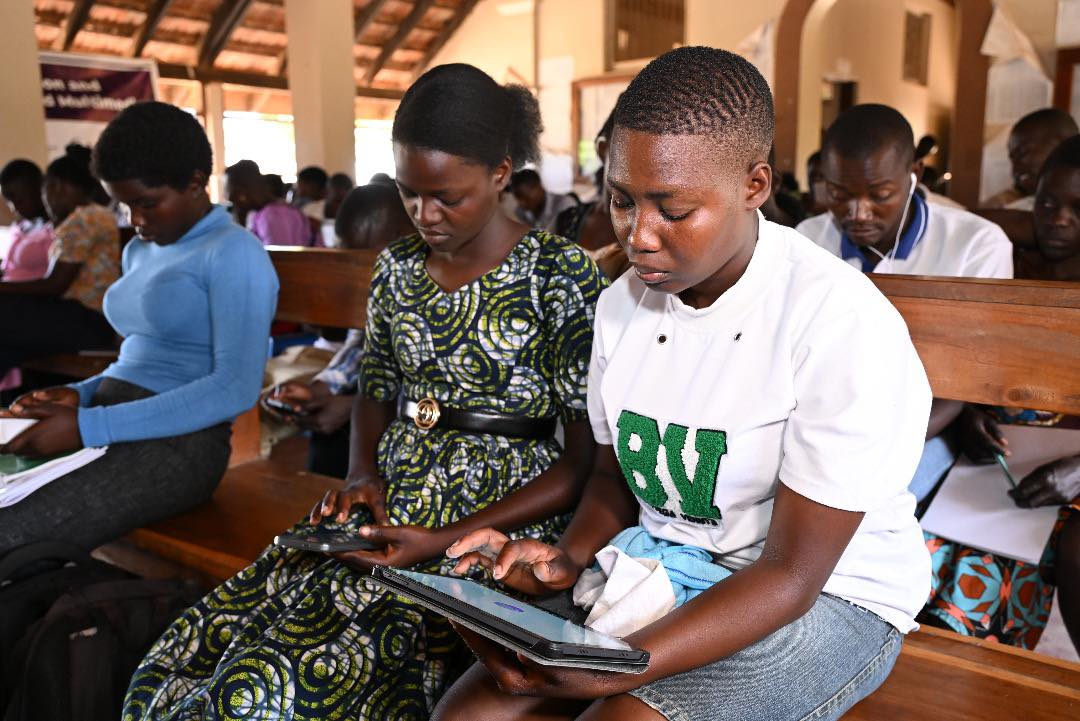By Denis Jjuuko
On 8 March, Uganda marked yet another women’s day. Several activities were carried out. High profile people gave lofty speeches once again. Promises were made. As is always the case in Uganda, group photos were taken. Meals I believe were served. And of course, some dancing. Reminders must have been made of what has been achieved and how grateful the women should be.
But the majority of Ugandan women probably didn’t even notice the day. They were too busy eking a living or trying to survive to even notice. Women emancipation is still a pipe dream for many.
There have been a lot of emphasis for women empowerment and some milestones have been achieved. Still, more needs to be done. One key area that can transform women’s fortunes is formal education. Averagely, the more educated one is, the higher the chances of better incomes whether as a salaried person or through entrepreneurship.
There is usually some talk on education or the lack of it where many people point to one successful entrepreneur without formal education and present it as standard for wealth creation. Those outliers will always exist. Even among those with high formal education qualifications, outliers exist. But the majority of people without formal education don’t earn better than those with formal education. Many studies have been done on this by institutions like the World Bank.
Households, communities and governments must ensure that girls stay in school for as long as possible. The minimum education should be completion of secondary education. Educated girls will value education and therefore will ensure their children go to school too. They will most likely not give birth to 10 kids they can’t look after. They will not easily think that the only pathway to success is marriage. And they won’t look at bride price as the route to their own success as parents. That way they will avoid becoming grandmothers at age 35.
Formal education should be complimented with regular refresher courses on emerging issues. Today, everyone is talking about artificial intelligence and how it is disrupting everything. How can ordinary women get basics on artificial intelligence that is relevant to the work they do? Is there artificial intelligence that is relevant to a market vendor? Let them know about it.
Digital training is necessary from time to time. Look at WhatsApp and its potential to connect millions and provide access to markets at almost no cost. Women leaders at the lowest level can be empowered to pass on skills to their people on what is working and how they can use emerging technologies for their own good. But so are a plethora of other applications that can enable people connect, promote their enterprises, seek for work or workers.
There has always been a lot of talk on access to capital for women in entrepreneurship or to pay for needs such as school fees for their children. Some programs exist in that regard but sometimes the conditions are never favourable. High interest rates and short loan periods making it hard for women to borrow money to grow their enterprises or pay for their needs. Many women don’t own land which is the most common asset they can offer as collateral to banks and other lenders.
Many women have had to rely on their own collective savings or saccos which lend at rates even higher than commercial banks though without the burden of collateral and paperwork. And lenders have observed over many years that female borrowers usually pay back more than male ones. A case, therefore, exists for a more long-term fund for women to access patient capital at low interest rates with less paperwork.
Alternatively, how can many of the thousands of women saccos be amalgamated into a fund that has the organizational and operational capacity to provide fellow women patient capital? The Bank of Uganda and the government can guarantee the members protection of their money by providing oversight and insurance, similar to what they do with commercial banks or depositors’ money.
The money raised by these saccos could be invested and the returns used to create an endowment fund that lends patient capital to millions of women. Women empowerment would move from being part of beautiful speeches and footnotes of studies into something ‘tangible’ that can truly transform the lives of the majority of women.
The writer is a communication and visibility consultant. djjuuko@gmail.com










